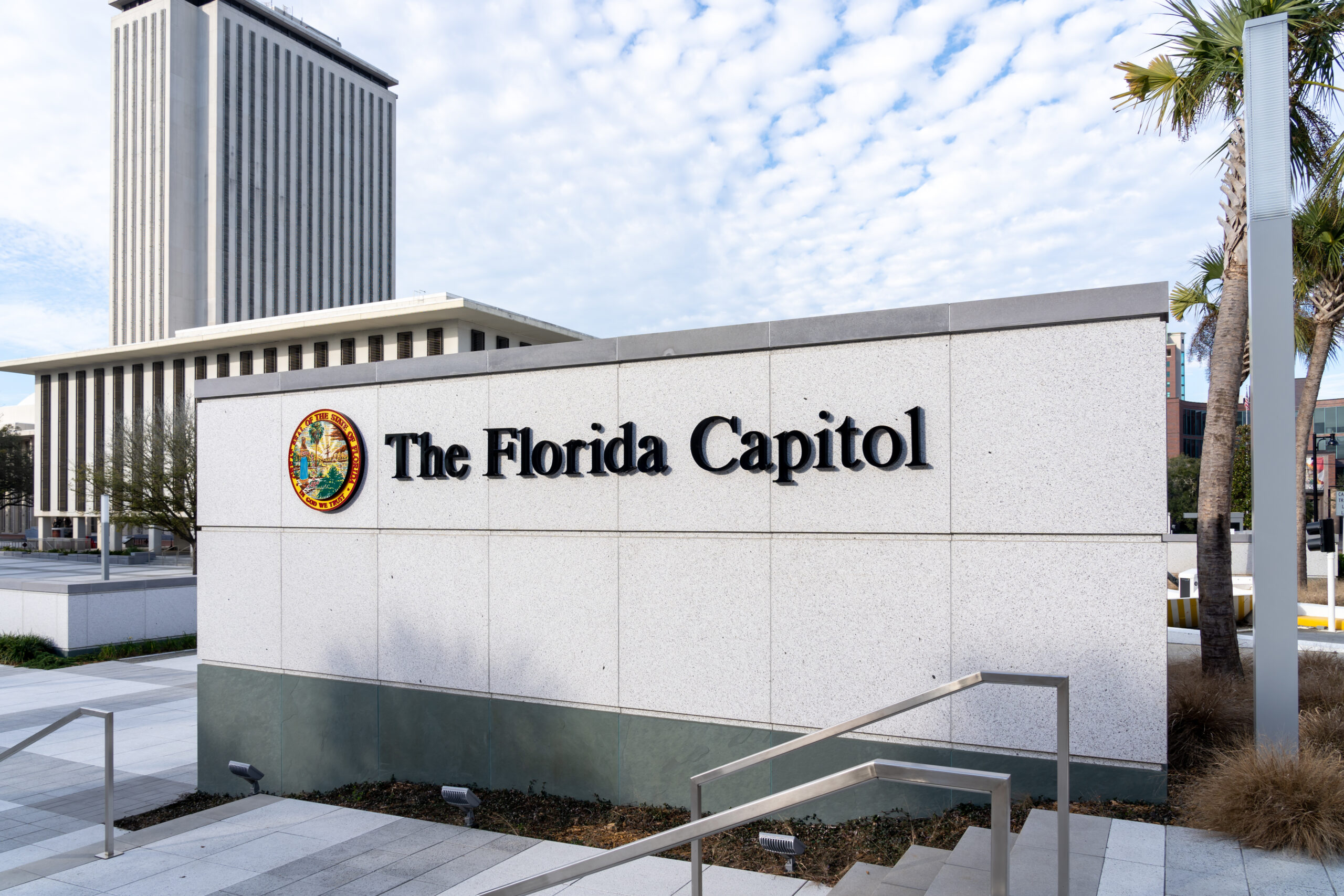Since the onset of the COVID pandemic, Florida has consistently provided coverage to all Medicaid recipients, regardless of changes in eligibility. As a result, the number of individuals and families enrolled in Florida Medicaid surged by 45% from March 2020 to November 2022.
In April, the state began determining which recipients are no longer eligible for the Medicaid program, a process known as Medicaid Redetermination. To date, approximately 400,000 Floridians have lost coverage through this process. These losses in coverage have led to lawsuits and prompted a need to increase rates paid by the state to health plans and provider networks, creating a potential loss in programs including the Directed Payment Program.
Directed Payment Program (DPP)
Historically, the federal government has reimbursed Florida’s hospitals only 60 cents on every dollar they spend providing Medicaid care. But since 2021, Florida’s Directed Payment Program has helped to bridge that gap, ensuring that hospitals receive closer to 80 cents on the dollar. These funds have enabled hospitals to continue providing services for the state’s most vulnerable residents. Florida applied for DPP reapproval in January, but the U.S. Centers for Medicare & Medicaid Services (CMS) has yet to approve it. Without this approval from CMS, Florida’s hospitals sit in a precarious position, jeopardizing their ability to continue offering Medicaid care to about 5 million Floridians – including the state’s poorest children, elderly residents, pregnant women, and individuals with disabilities – and delaying investment in new programs for Medicaid populations.
Medicaid Redetermination Lawsuits
Just last month, two families sued the state after losing their Medicaid coverage in the redetermination process. The families claim the state terminated their coverage without proper notice or a chance to contest the decision.
Two weeks ago, in the wake of Hurricane Idalia, several public interest groups criticized the state for continuing the Medicaid redetermination process, including in counties most impacted by the storm. Before the hurricane, many of these groups had already filed a lawsuit against Governor Ron DeSantis’ administration, raising similar concerns as the two families. Since then, the federal government has offered further guidance to state Medicaid directors about compliance matters, suggesting a review of their renewal procedures and advising states to reinstate coverage where suitable.
Medicaid Payment Rates
State economists recently projected a $227 million deficit in the Medicaid program for the 2023-24 fiscal year, attributing the shortfall to higher-than-expected Medicaid enrollment and the loss of increased federal funds after the public health emergency caused by COVID-19. To address this, the state intends to raise rates paid to health plans and provider-sponsored networks that it contracts with to provide care to poor, elderly, and disabled residents.
Medicaid Managed Medical Assistance (MMA) plans are set to receive a 4.9% rate increase, long-term care plans a 3.3% hike, and dental plans an increase of less than 1%. The Children’s Medical Services Plan, which operates separately from the state’s MMA program, is expected to see a 6.7% rate increase. However, while Medicaid-affiliated health plans will experience a rate increase, the state’s 200-plus hospitals that provide Medicaid care might face potential delays.
Managed Care ITN Update
Along with these Medicaid funding challenges, the Agency for Health Care Administration (AHCA) has updated its Invitation to Negotiate (ITN) for Medicaid Managed Care. AHCA has granted a three-month extension to its deadline for managed care plans to respond to the Medicaid Managed Care ITN. The state now expects to announce the organizations that have secured the contracts in February 2024.
Republican Presidential Debate
The first Republican presidential debate was held three weeks ago, with eight candidates taking the stage to address issues from abortion and the economy to Ukraine and education. The absence of former President Donald Trump was palpable, and the candidates were divided on whether they would support him as the GOP nominee if he is convicted of a crime.
Nikki Haley stood out for her strong criticisms of both Trump and her fellow Republicans on fiscal issues, while Mike Pence and others targeted entrepreneur Vivek Ramaswamy over his inexperience. The debate also touched on foreign policy, with Ron DeSantis and Ramaswamy opposing increased aid to Ukraine. Overall, the debate showcased the ideological and experiential divides within the Republican Party. The next Republican presidential debate will take place on September 27.



